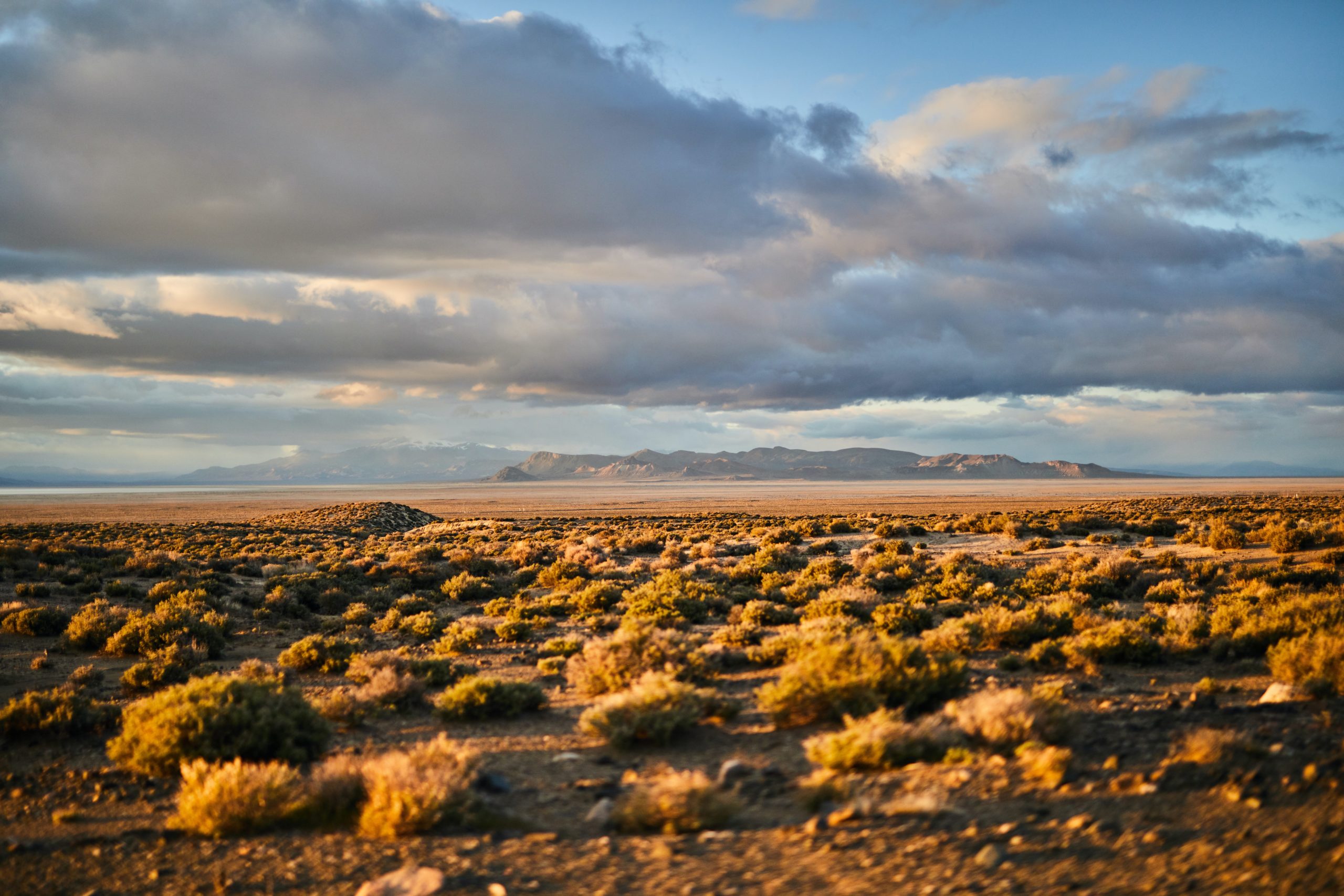
Disparate Nevadans Unite Around Federal Lands Issue
American society has always been polarized. From the outset, civil society separated into opposing factions that nearly went to war against each other in 1800 – just 12 years after the constitution was ratified. Sixty years later, opposing factions actually did engage in a tragic and bloody conflict.
While contemporary observers have recognized that political turmoil seems to have escalated in recent years, it fortunately has not reached the heights of yesteryear, and there remains broad policy areas over which reasonable people of different viewpoints can agree.
Federal dominion over Nevada’s lands is one such area.
Federal agencies control more than 80 percent of the land in Nevada – far higher than in any other state. Utah is second with only 63 percent federal ownership.
According to a recent report from the Congressional Research Service (CRS), almost all federal land ownership is concentrated in 11 contiguous Western states: Arizona, California, Colorado, Idaho, Montana, Nevada, New Mexico, Oregon, Utah, Washington and Wyoming. Across these 11 states, federal agencies control nearly half (45.9 percent) of the land and only 4.1 percent in the remaining 39 states.
Different agencies hold land for different purposes. The Department of Defense holds lands to host military bases and training ranges. The National Parks Service preserves natural landmarks for public enjoyment. The Fish and Wildlife Service attempts to protect endangered species and habitats. The Forest Service regulates livestock grazing, recreation activities and manages timber leases on federal property.
Most Americans might agree that these agencies all perform legitimate functions of government. However, most of the land in Nevada and the Western states is held by a fifth agency that fulfills no clear public purpose: the Bureau of Land Management, or BLM.
Nominally, the BLM’s mission is nearly identical to that of the Forest Service, but in practice it obstinately hoards lands that could be useful for urban development and has been accused of widespread environmental mismanagement.
Nearly all (99.8 percent) BLM land holdings are in the 11 Western states plus Alaska, where it holds a combined 244 million acres. Across the other 38 states, it holds 0.37 million acres.
In Nevada, BLM controls 47.3 million acres, or 84.1 percent of all federal land holdings in the state. By comparison, Alaska is the only other state in which BLM controls more than 23 million acres.
So even across the 11 contiguous Western states, there is a major qualitative difference in the types of federal land ownership. In Nevada, lands are overwhelmingly held by BLM, whereas in neighboring states national parks and forests justify much federal ownership.
Why is this important? Such a large amount of development-restricted land means fewer homes and apartments being built, and higher prices for existing housing, as Nevada Policy explains in The Construction of a Crisis.
Historically, BLM wound up with much of these lands because Western states like Nevada were forced to disclaim interest in public lands as a condition of statehood and cede those lands to the federal government.
While this provision was common in the original “Western” states like Kentucky, the disclaimers then were meant to clear title so lands could be auctioned, granted or homesteaded within the new states.
But, as CRS explains, attitudes in Washington shifted when Nevada and its neighbors entered the union and these lands were never made available. Those lands that could not be designated as filling some legitimate preservation or management purpose were eventually dumped into BLM’s lap.
After decades of protest, Nevadans responded in the late 1990s by voting to remove the disclaimer of interest in public lands from the state constitution. The measure passed both chambers of the legislature unanimously in consecutive sessions and won with overwhelming popular support as a 1996 ballot question.
However, since the congressional statehood act for Nevada required the provision, through the Supremacy Clause, that state constitutional amendment cannot become effective without congressional consent or a judicial victory. The state constitution still carries a footnote to this effect.
Now, Clark County warns that there is only enough land available to sustain the growth of Las Vegas for the next five years, as the city is bound in on all sides (and even some lots in the middle of urban areas) by BLM ownership.
In a sign of continued bipartisan support for a return of some lands to Nevada and its citizens, the Nevada congressional delegation united behind a bill carried by Sen. Cortez-Masto calling for just over 42,000 acres to made available for auction, in exchange for declaring an additional 2 million acres as protected wilderness, including 50,000 acres around Red Rock Canyon.
In addition, the BLM would use proceeds from the land auctions to buy up additional lands elsewhere in the state. Despite the alignment of Nevada Democrats, Republicans and local governments, Masto could not get her bill out of committee. This came just weeks after a bill to transfer some lands near Fallon sponsored by Rep. Mark Amodei met a similar demise.
Frustration with federal land dominion – particularly by BLM – continues to unite Nevadans of all political stripes. It’s encouraging to find such areas of agreement, but ultimately a Nevada attorney general will need to seek adjudication of the 1996 constitutional amendment on the grounds that Nevada did not enter the union on an equal footing with other states, as required by the U.S. Constitution.
Until that legal question is settled, Republicans and Democrats alike are likely to find continued frustration in Congress.